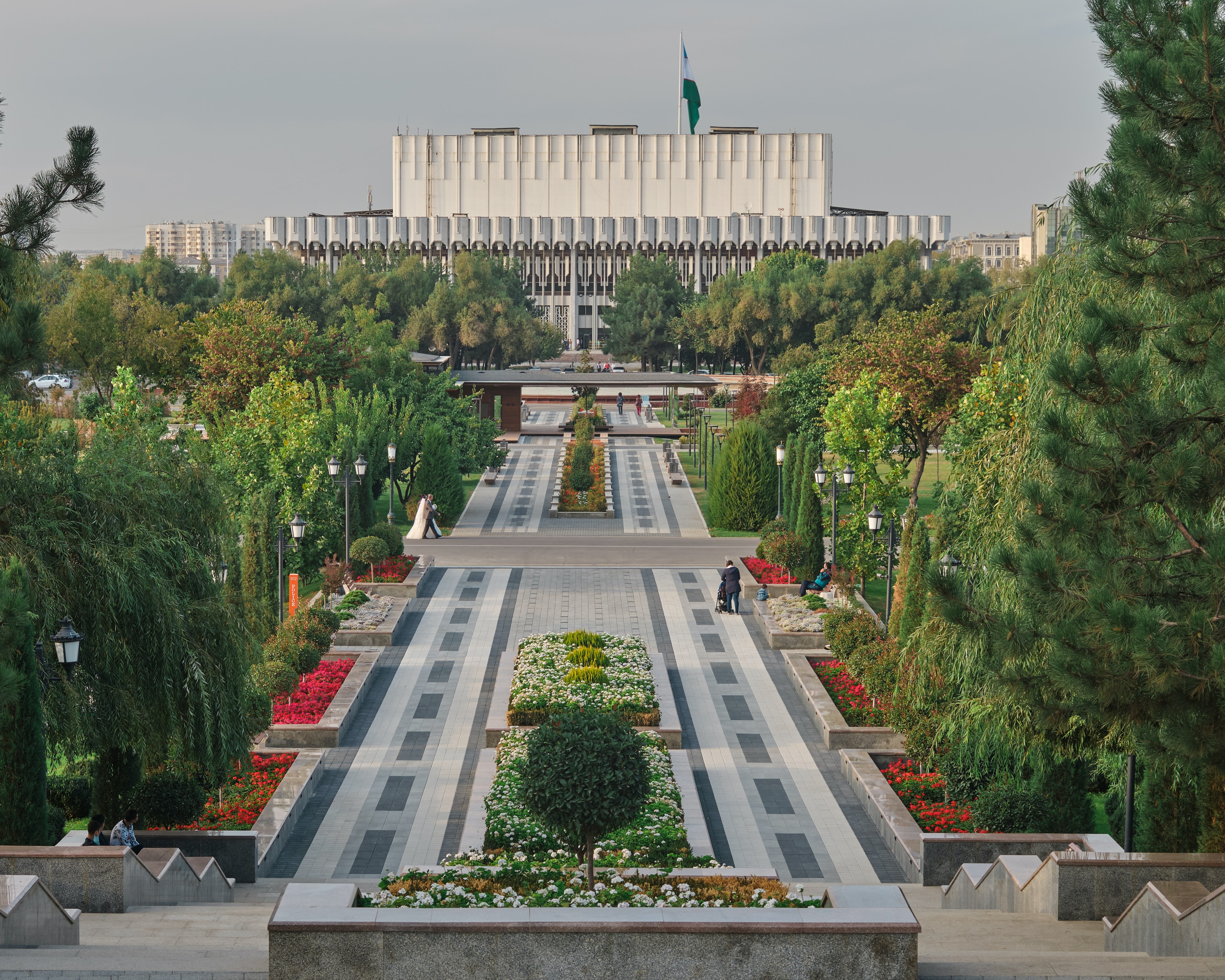As expected, Karimov’s successor, incumbent president Shavkat Mirziyoyev comfortably won the election – with 80.1% of the popular vote. International observers reported several irregularities and shortcomings on election day, such as ballot stuffing, large numbers of voters being added to the voters lists without proper safeguards, voters voting without sufficient identification, and proxy voting.
Other participants in the presidential race were Maqsuda Vorisova (6.6%) from the People’s Democratic Party, Alisher Qodirov (5.5%) from the National Revival Democratic Party, Narzullo Oblomurodov (4.1%) from the Ecological Party, and Bahrom Abduhalimov (3.4%) from the Justice Party – all pro-government candidates.
Uzbekistan has undergone a number of reforms since the Shavkat Mirziyoyev’s ascension to the presidency in 2016 – dozens of political prisoners have been released, the country has opened up to the outside world, including visits by international human rights organizations which had been barred from the country since the Andizhan events in 2005. Authorities have introduced measures to liberalise the economy, and have taken steps to combat the widespread practice of forced labour, while media and civil society are freer than under Karimov. While the reform process has brought some international recognition, the reforms have not been systemic, and have not fully tackled fundamental human rights issues and obstacles to democracy: During the run-up to the elections, authorities tightened its grip on the public discourse, harassing media workers and independent bloggers. And, in stark contrast with proclaimed democratic reforms, authorities barred all genuine opposition candidates from entering the race for the presidency.
On June 21 this year, the Justice Ministry denied registration to the Truth and Progress Party, on the grounds that some of the signatures the party had collected were allegedly “invalid”. As the Truth and Progress Party was not given registration, its candidate, anti-corruption activist Khidirnazar Allakulov, was effectively blocked from entering the race, as independent candidates are not allowed to run for president in Uzbekistan.
“While we welcome the changes that have been implemented in recent years, this election along with its run-up, indicates that Uzbekistan is not yet fully committed to democratic reform”, said Geir Hønneland, Secretary General of the Norwegian Helsinki Committee. “If serious about human rights and reform, Tashkent must facilitate and welcome political pluralism, and guarantee fair elections.”
Other opposition candidates were also barred from entering the elections: Uzbekistan’s oldest opposition party, Erk, was denied registration by the Justice Ministry last year. Nonetheless, in April famous Uzbek singer Jahongir Otajonov announced plans for run as the party’s presidential candidate. However, Otajonov withdrew his candidacy after violent mob-attacks and pressure on his family.
